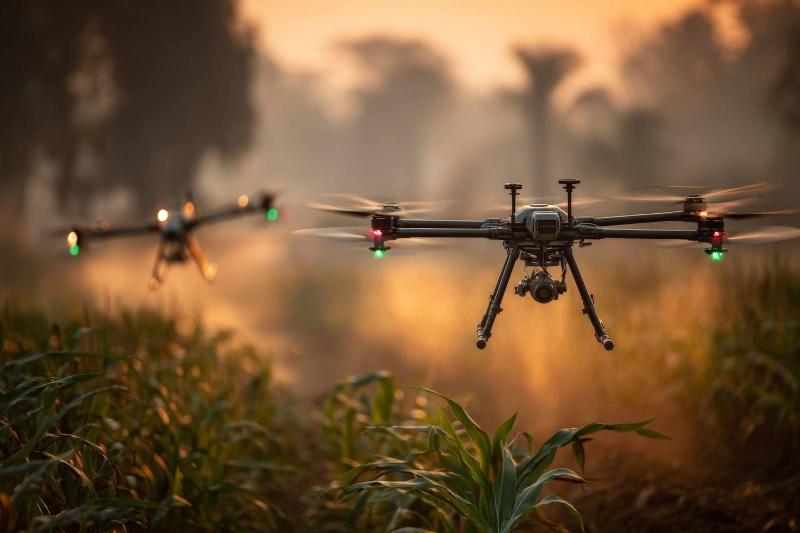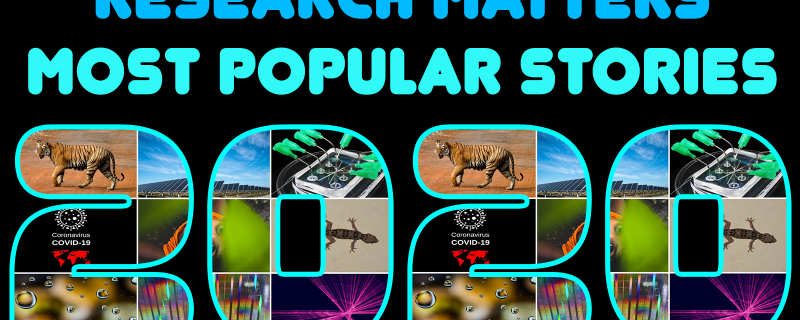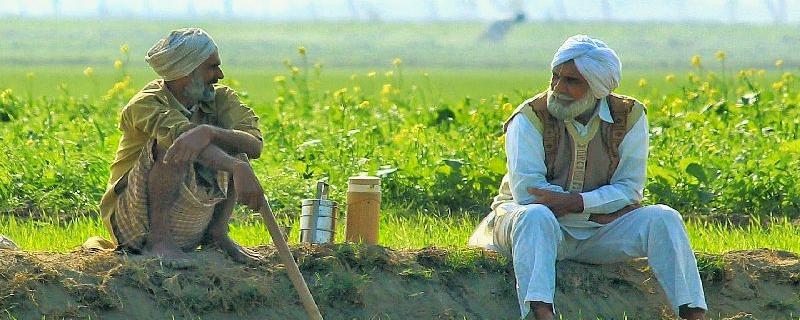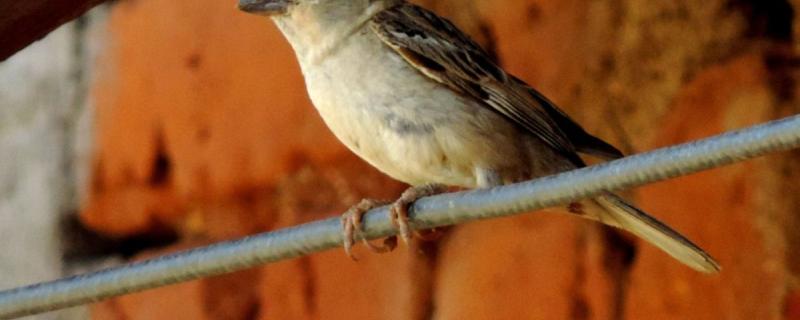An interesting year this one, with the world locked in and a virus reigning our lives. Nevertheless, there was no dearth of news in science. There was a considerable quantum of studies being reported even outside the realm of the rampant COVID-19 research. At Research Matters, we have tried our best to cover the most interesting stories in the Indian scene and listed below are our most popular stories this year. Take a look.
Novel scheme by IIT Bombay researchers to control drones can enable complex formation flying using only camera data, without GPS or inter-drone communication.
Mumbai/








![A group discussion by the researchers with Attapadi community members [Image Credits: Sunil George] Although free, here's why tribals in Kerala's Attapadi do not benefit from healthcare](/sites/researchmatters/files/styles/large_front_800x320/public/attapadi_kerala_24jul.jpg?itok=Hk0COyC1)

